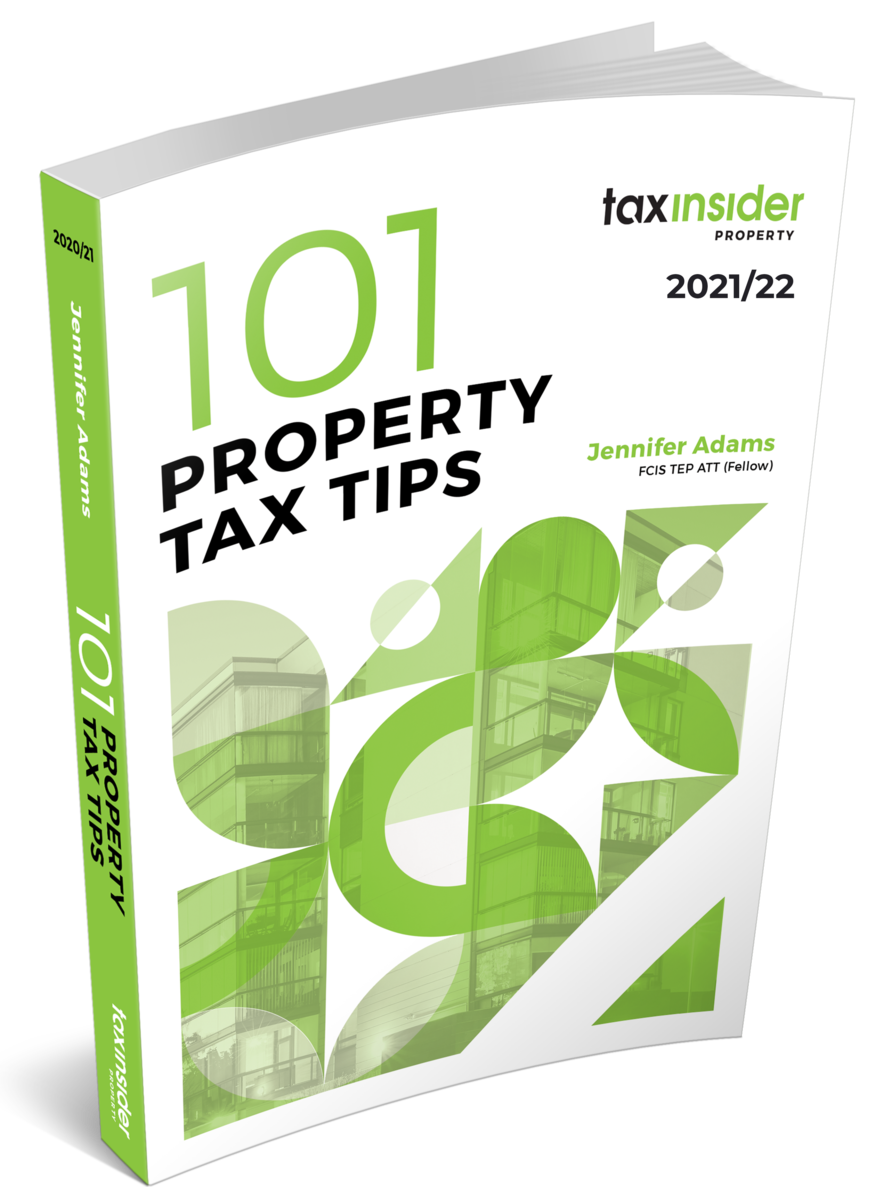There have been three recent cases involving farmers, input VAT claims and cars, and they all failed.
The VAT planning point has to be to advise farmers and other businesses on the clear VAT advantages of vans and distinct disadvantages of cars, whether too smelly to take off the farm or not in the eyes of the VAT Inspector.
The Smelly and Adapted Car
The first case was the argument that the smell of the vehicle from farm use made the car obviously unavailable for private use.
John Andrew Thomas Faith, the taxpayer, claimed that the vehicle, although purchased as a motor car, had been adapted to give it the appearance and functionality of a van.
The tribunal questioned both of these statements, saying that despite the alterations, the vehicle was still classified as a motor car for VAT purposes, and that the ‘smell’ of the vehicle was insufficient to put the vehicle beyond being ‘available’ for private use. The input VAT could not be claimed on the car but the input VAT could have been claimed on a van.
The Available and Adapted Discovery
It is not enough that the motor car is unlikely to be used for private use – it was not incapable of being used privately. There were no physical or legal restrictions – in this second case, not even the smell.
It would appear a car can have no private use but nevertheless the private use is available then the input VAT claim is not allowed.
In Alex Paton & Son, HMRC disallowed the taxpayer’s claim to recover VAT on a Land Rover Discovery. The taxpayer appealed to the tribunal on the grounds that the vehicle was used solely for a business purpose and had been especially adapted to allow for the taxpayer’s disability.
The tribunal decided that the farmer had not taken sufficient steps to ensure that the vehicle was incapable of private use. While the taxpayer had attempted to obtain business use only insurance, the insurance company in question declined to provide it. The input VAT claim on the Discovery was disallowed.
More Availability
In the third case of Robert & Lillian Waddell, the taxpayer tried to reclaim input VAT on his new vehicle. Once again, the tribunal refused the appeal on the grounds that the vehicle was available for private use. Input tax is blocked simply if the vehicle is ‘available for private use’ rather than ‘used for private purposes’.
We have all heard the farmers strongly held views on the subject of no private life: farming is a way of life; the hours are so long there is no private life; the work is hard and long; no VAT Inspector would want to travel in their vehicle in their grey suits…
Presenting the argument in a loud voice does not make a stronger case. The Court of Appeal holds that no private use is unreal.
Practical Tip
Long live the van and the twin cab for the farming (and any) business – there are both input VAT and Capital Allowance advantages; why try and beat the system with smelly and adapted cars? Try the real thing!
Julie Butler




